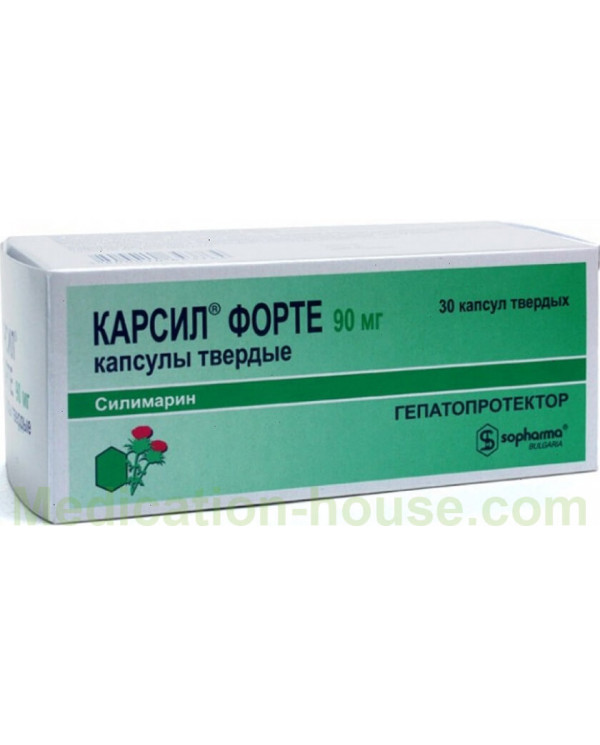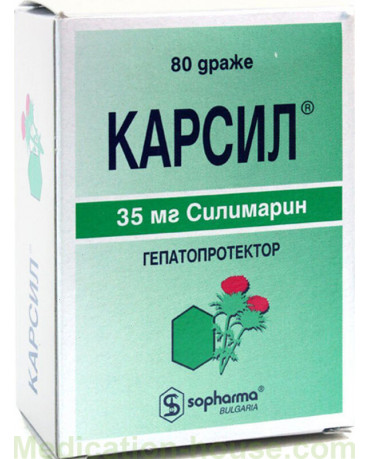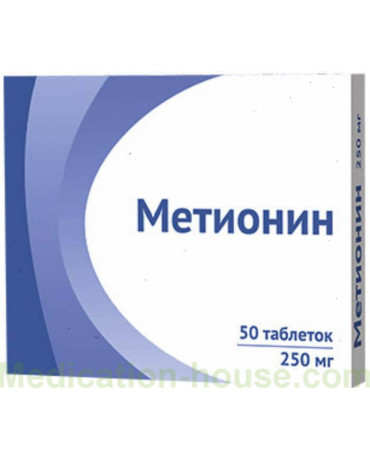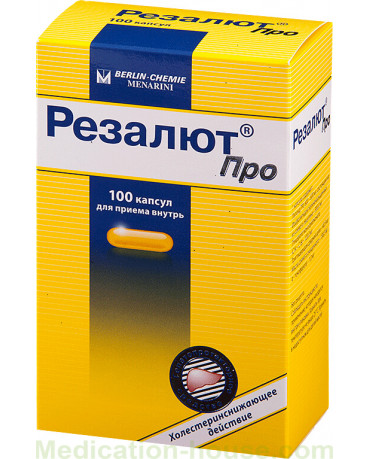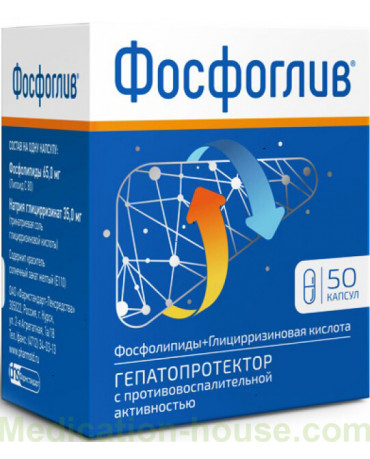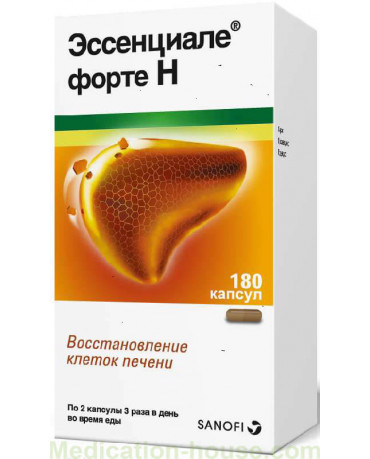Carsil Forte instruction
You can buy Carsil Forte here
Carsil Forte is a hepatoprotective agent of plant origin.
Release Form and Composition
Dosage form of release of Carsil Forte - capsules: size No. 0, hard gelatin, light brown; contents - powdery mass from light yellow to yellow-brown in color with agglomerates. Packing: blisters - 6 pcs., 5 blisters in a cardboard bundle.
Composition 1 capsule:
active substance: dry extract of the fruit of milk thistle - 163.6–225 mg, which is equivalent to 90 mg of silymarin;
auxiliary components: lactose monohydrate, silicon dioxide colloidal anhydrous, magnesium stearate, mannitol, wheat starch, povidone K25, crospovidone, polysorbate 80, sodium bicarbonate, microcrystalline cellulose (type 101);
capsule composition: gelatin, titanium dioxide, iron oxide red, iron oxide yellow, iron oxide black.
Pharmacodynamics
As an active substance, the composition of Carsil Forte includes an extract of the fruits of milk thistle. Its main active ingredient is a mixture of 6 isomers of flavonolignans (silymarin), such as silidianin, silicristin, silibinin A and B, isosilibinin A and B, the most active of which is silibinin.
The mechanism of hepatoprotective action of these substances is not fully understood. Available data allow us to claim the presence of several basic mechanisms of action.
Antioxidant effect
Silymarin interacts with free radicals in the liver, transforms them into less toxic compounds and interrupts the process of lipid peroxidation. Regulates the intracellular content of glutathione and prevents the destruction of cellular structures.
Depending on the concentration, it suppresses microsomal peroxidation caused by NADPH-Fe2 + -ADP.
Suppresses peroxidation of linolenic acid catalyzed by lipoxygenase. Affects enzyme systems associated with superoxide dismutase and glutathione. Protects hepatic microsomes and mitochondria from the formation of lipid peroxides caused by various agents.
Anti-inflammatory effect
According to experimental studies, silybin (silibinin) in a certain concentration inhibits in isolated Kupffer cells of animals the synthesis of LT B4 (leukotriene B4 / LTB4).
During in vitro studies conducted on human polymorphonuclear leukocytes, it was established: one of the mechanisms of anti-inflammatory action is the ability of silybin to suppress the formation of hydrogen peroxide.
In vitro, silybin, silymarin, silikristin and silidianin inhibit the activity of prostaglandin synthase and lipoxygenase.
Membrane stabilizing effect
This effect of silymarin is explained by its competing interaction with receptors for the corresponding toxins on the hepatocyte membrane, and the effect on membrane permeability is due to quantitative and qualitative changes in membrane lipids - phospholipids and cholesterol.
Silymarin stabilizes cell membranes and regulates their permeability. As a result of this action, hepatotoxic agents do not enter the hepatocytes.
The substance activates the synthesis of phospholipids, functional and structural proteins (ribosomal synthesis of RNA, protein and DNA), as a result of which it stimulates regeneration processes in the liver, i.e., helps to restore damaged hepatocytes.
In experimental studies, it was found that silymarin is also able to suppress the transformation of star-shaped liver cells into myofibroblasts - the process that is responsible for the location of collagen fibers.
Clinically, the pharmacodynamic properties of silymarin are manifested by an improvement in the objective and subjective symptoms of the disease, as well as the normalization of indicators of the functional state of the liver (bilirubin, gamma globulin and transaminases).
Pharmacokinetics
After oral administration, silymarin is not completely absorbed from the gastrointestinal tract (23–47%). The maximum plasma concentration reaches 4-6 hours after taking one dose.
It reaches the highest concentrations in the liver, stomach, pancreas, and lungs. In small quantities, it is determined in the heart, kidneys and other organs.
It undergoes enterohepatic recirculation. The metabolism process occurs in the liver by conjugation with glucuronic acid and sulfates. Metabolites - sulfates and glucuronides were found in bile.
The half-life of unchanged silymarin is 1–3 hours, its metabolites - 6–8 hours.
Does not cumulate. About 80% of the substance is excreted with bile in the form of active metabolites, about 5% - by the kidneys unchanged.
Indications for use
Carsil Forte is used as part of complex therapy:
toxic liver damage;
liver steatosis, including alcohol;
chronic hepatitis of non-viral etiology;
conditions after acute hepatitis;
cirrhosis of the liver.
Also, the drug is prescribed for the prevention of liver damage in chronic intoxication (including professional), prolonged use of drugs, alcohol abuse.
Contraindications
celiac disease (celiac enteropathy);
galactosemia, glucose / galactose malabsorption syndrome, lactase deficiency;
age up to 12 years;
individual intolerance to any component of the drug.
Carsil Forte should be used with caution in the treatment of patients with hormonal disorders, for example, in the presence of uterine fibroids, endometriosis, prostate carcinoma, carcinoma of the uterus, ovary or breast.
Instructions for use Carsil Forte: method and dosage
Capsules are taken orally.
For mild and moderate liver lesions, 1 capsule is prescribed 1 or 2 times a day, with severe lesions - 1 capsule 3 times a day.
For preventive purposes, it is recommended to take 1 capsule of Carsil Forte 1 or 2 times a day.
The duration of therapy is individual, but not less than 3 months.
Side effects
Carsil Forte is well tolerated. Side effects are very rare. As a rule, they are slightly expressed and are transient in nature.
from the gastrointestinal tract: rarely (> 1/10 000 - <1/1000) - diarrhea; unknown frequency (assessment of these side effects is not possible due to insufficient data) - flatulence, decreased appetite, nausea, dyspepsia, vomiting;
from the immune system: very rarely (<1/10 000) - skin allergic reactions (itching, rashes); unknown frequency - anaphylactic shock;
on the part of the organ of hearing and labyrinth disorders: rarely - an increase in existing vestibular disorders.
Overdose
There is no data on overdose.
If you accidentally take too much dose, you should induce vomiting, rinse your stomach, take activated charcoal, and if necessary, conduct symptomatic therapy.
Influence on the ability to drive vehicles and complex mechanisms
According to the instructions, Carsil Forte does not affect the concentration of attention, the speed of mental and motor reactions.
Pregnancy and lactation
Pregnant and lactating women are not recommended the use of Carsil Forte.
Use in childhood
Carsil Forte is contraindicated in children under 12 years of age.
Drug interaction
Silymarin has no significant effect on the pharmacodynamics of other simultaneously used drugs.
In the case of oral contraceptives or drugs used for hormone replacement therapy, a decrease in their effect may be noted.
Silymarin has an inhibitory effect on the cytochrome P450 system, therefore, it is possible that the concentration of drugs such as lovastine, alprazolam, vinblastine, ketoconazole and diazepam can increase in plasma when used together.
Terms and conditions of storage
Store no more than 3 years in a dry place, out of reach of children, protected from light, at a temperature of up to 25 ° C.
Reviews about Carsil Forte
Reviews about Carsil Forte are positive: the drug restores liver cells well, is effective for hepatitis, steatosis, chronic cholecystitis and dyskinesia of the gallbladder, in case of taking hepatotoxic drugs and alcohol, as well as nutritional errors.
The disadvantages of some patients include a relatively high price, large capsule size (which makes swallowing difficult) and the duration of the course of treatment.
Terms of sell
You can buy Carsil Forte without a prescription.

